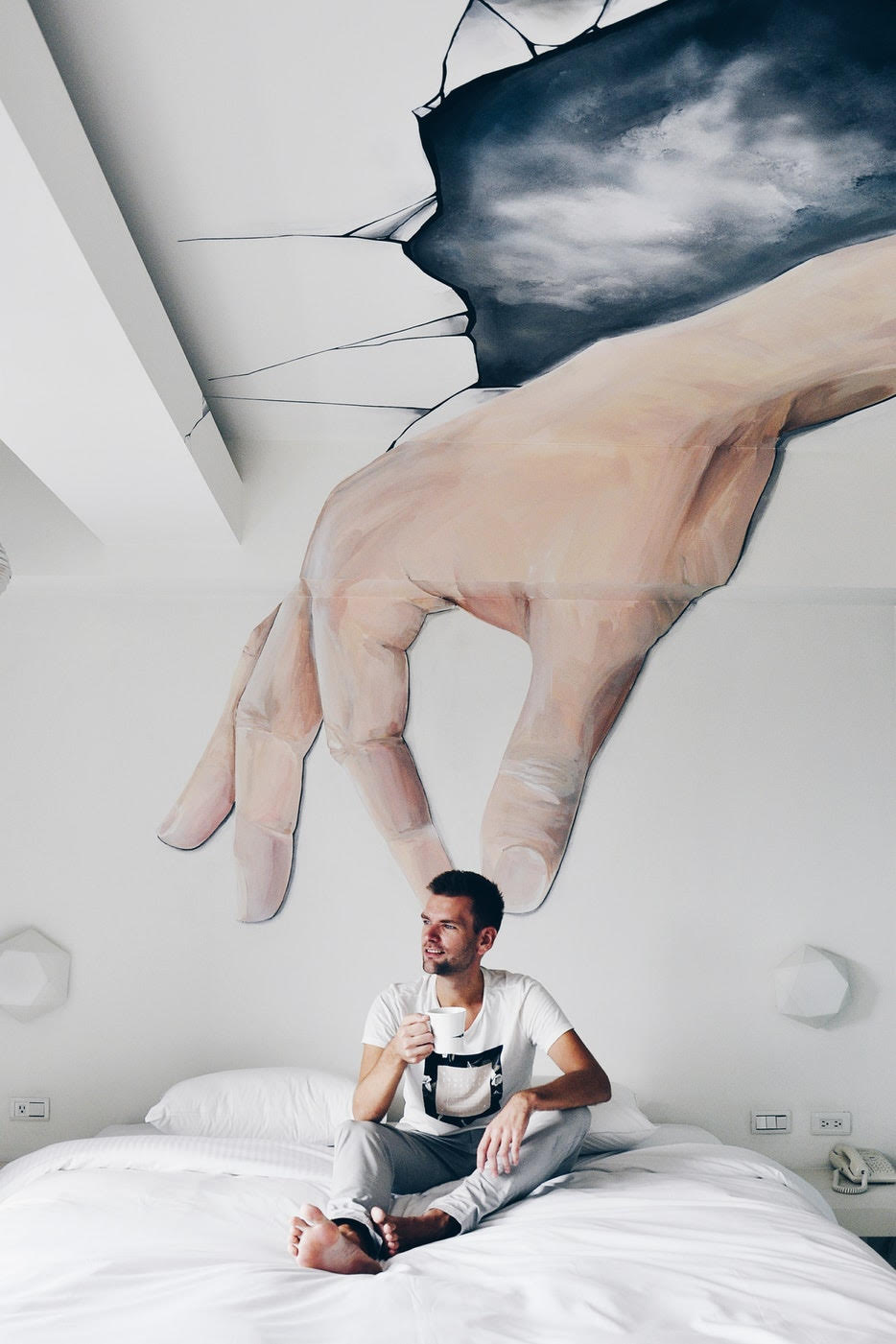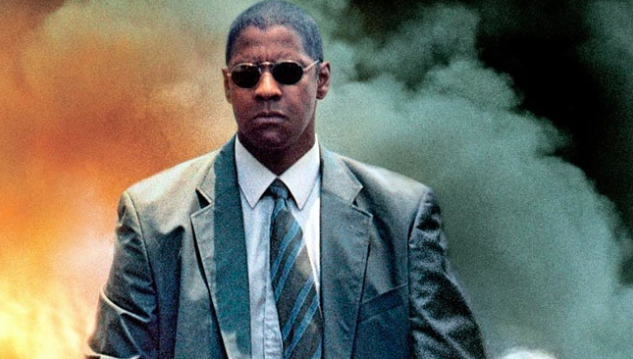|
A few weeks back I interviewed Benjamin’s Spall on The Mojo Radio Show about his New York Times best-selling books on morning routines. It was a super powerful show for anyone wanting to maximise their productivity and performance. However, it is essential to understand that we can fall into rituals that are negative. Rituals are not always positive. For example, some people think it’s 10 am and I always have a biscuit with my cup of tea, or it’s Friday night and I always have a few too many beers, or I'm away at a conference and I always eat badly. To improve your productivity and move toward your dreams, the first step is to be conscious of not only creating positive rituals but also be aware of the ones that take you down the wrong off-ramp. Rituals can be good and they can be bad. Breaking bad rituals by creating new, empowering rituals comes about when you make the conscious decision that change must happen. © GB
0 Comments
We hear the advice that we need to switch off. There is so much data and science behind the powerful effect that resting, switching off, clearing the mind, and dropping the shoulders can do for performance and productivity. Regardless of what you do, there is no question that in order to be your best you have to learn to switch off. Here’s a thought - actually switch off your phone. I’m sure many people go months without ever physically switching off the phone. It is a challenge. Find the discipline to actually switch off your phone today. Pick an amount of time and find the button to switch it off. If that’s hard for you then we need to fight the resistance. Stephen Pressfield wrote it so beautifully in the book the "War of Art." The resistance is what goes through your mind that justifies why you absolutely need to have your phone on all day every day, and in fact, you need to be on all day every day. Switch it off, fight the resistance, and feel the difference it makes when you take control of your device. Use the off button. Don't give in to it, don't let them win, have discipline. © GB
There might just be a flaw in the 10,000 hours rule. Instead, performance experts suggest purposeful practice. You execute, you review, adjust, and then execute again. Quite often what is missing in our performance and productivity rituals is time for reflection. The reflection can take the form of a simple 6o-second question like, "how did that feel for me -- that meeting, that speech, that conversation, that hole of golf, etc? " Purposeful practice is about taking time to pause for less than a minute to reflect on something that happened and to imagine how it might be done differently to improve. If you find it hard to reflect in 60 seconds, then you probably need 60 minutes. © GB
Denzel Washington is a hard-drinking, burnt-out ex-CIA operative named John Creasy who takes a job as a bodyguard to nine-year-old Pita played by Dakota Fanning. Bit by bit, Creasy begins to reclaim his soul, and it has everything to do with Pita. I watched the film on Netflix last week. There is a moment when Denzel is coaching Pita to swim in an upcoming race. He paces the side of the pool as the little girl swims laps. After weeks of training, he crouches down and says to her, "trained or untrained?" You go to the start line trained or untrained - there is no such thing as kinda. It is a great lesson for us in many areas of life. Your presentation tomorrow - will you be prepared or unprepared? Your sports match this weekend - will you go into the match prepared or unprepared? The choice is yours. You either run your rituals, do the work, and practise - or you don’t. Whenever you’re facing an opportunity in anything, think to yourself "trained or untrained?" You either are or you’re not. There is no grey area. © GB
|
|
ABN: 16 079 593 785. Tel: +61 2 9231 5256
Postal Address: 21/4-8 Waters Road, Neutral Bay, NSW, 2089 Australia
Site Design by Bertwistle Holdings. Photography by Sarah-Jane O'Hara




 RSS Feed
RSS Feed